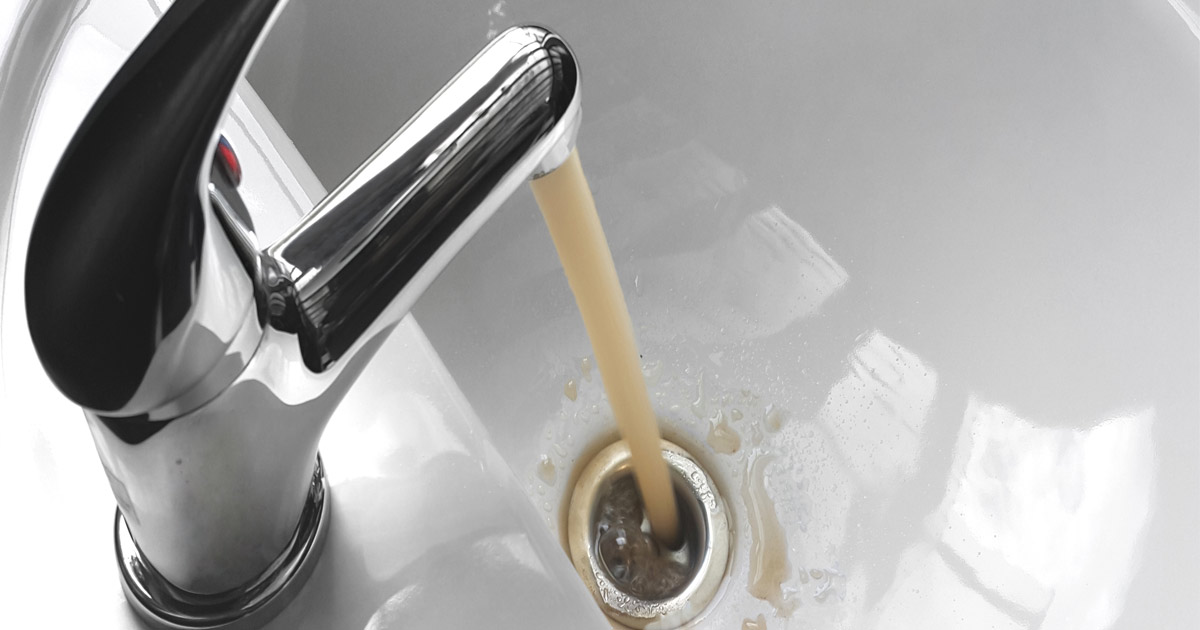MENU
- Home
- Overview
- Attorneys
- Practice Areas
- Firm News
- Blog
- Contact

Common chemicals found in many products may be poisoning our drinking water. Specific chemicals that have been used since the 1950s are still a threat to our healthy, clean, and safe water supplies. Yet, the toxins are still allowed to be used while studies continue to link its detrimental effects on humans.
These common chemicals are linked to health problems, but they are still found nearly everywhere in our modern lives. In a society that values convenience and often undermines the invisible costs of consumer-industry innovation, people often find themselves enamored by handy consumer products without knowing its potential health hazards. In many cases, information about the potential dangers of these products are obscured by enticing claims about the product or dismissal of its safety risks.
Perfluoroalkyl and polyfluoroalkyl substances (PFAS) are used in consumer products and industry applications that show up in many aspects of daily life. Products that contain PFAS include:
Products containing PFAS chemicals have been linked to adverse effects in humans who have been exposed to the substances. Such harmful effects include:
These manmade substances do not breakdown easily. These toxins are remarkably pervasive throughout our environment in the air, soil, and water. They can be found in fish and wildlife as well as in people throughout the world; these chemicals are not easily eliminated from our bodies or our environment.
Wind and rain can carry PFAS particles and contaminate a wide area. Most human exposures come from eating or drinking goods that contains PFAS toxins. People who work in facilities that produce PFAS products have a greater risk of exposure as higher levels of PFAS are present in their workspaces. Accordingly, these employees have been shown to have higher levels of PFAS in their blood.
Residents who live nearby these facilities may be more likely to be exposed to PFAS in their community drinking water.
To mitigate your risk from PFAS exposure, ask your local health department about PFAS levels in your community drinking water. If the level is unacceptable, water contamination may be present, and it is best to use an alternative source. If possible, try to limit your consumption of the contaminated water.
Though it is not routine, a simple blood test can determine the level of PFAS in your body. Having PFAS in your blood does not necessarily mean you will get sick.
If you suspect that you have developed a health condition as a result of an environmental exposure, you may be able to collect damages from those responsible. Our skilled Wilmington environmental lawyers at Jacobs & Crumplar, P.A. will help you fight for fair compensation from those responsible for your exposure-related illness. Contact us online or call us at 302-656-5445 to set up a free consultation. With locations in Wilmington and Millsboro, Delaware, we also serve clients in Dover, New Castle County, and Sussex County.